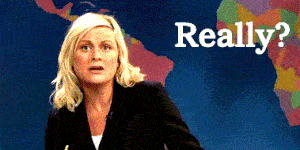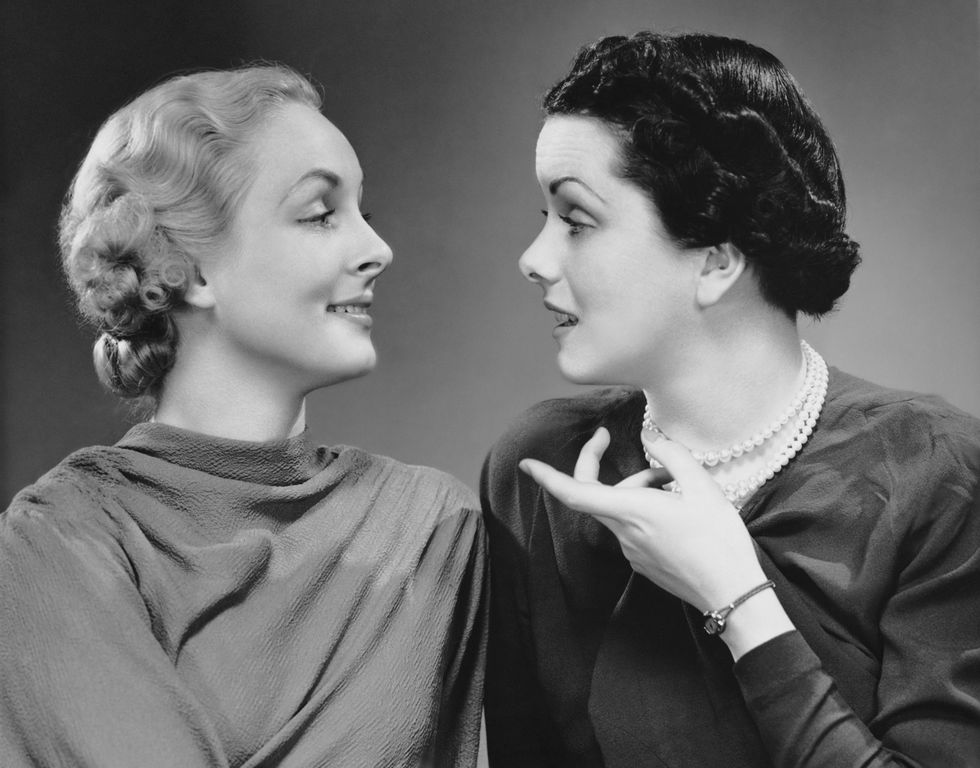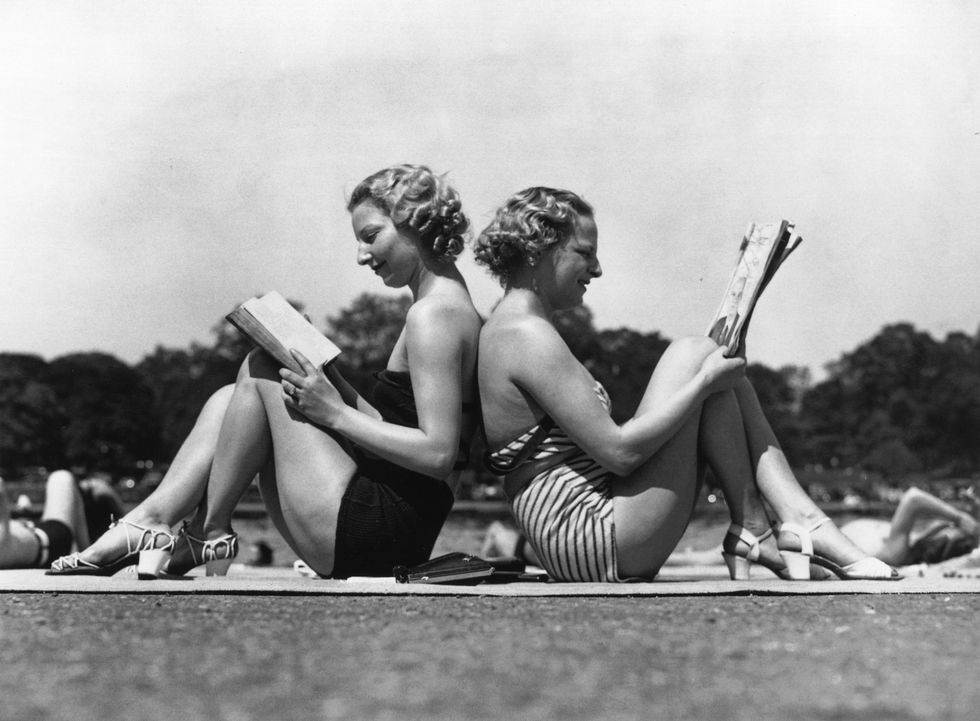Is it just me, or do women seem to be the subject of a lot more sexism and misogyny at the moment?
If it's not Trump telling people to grab a woman 'by the pussy' and people accusing the victim in the Ched Evans case of being a liar, it's Americans Tweeting the hashtag 'RepealThe19th' to take away women's right to vote and a vile rapist like Brock Turner being released from prison after just three months.
Women are having a pretty rough deal at the moment, not that we've ever had a totally great deal.
But, according to a new study, the misogyny we see online isn't necessarily coming from the opposite sex, as is often assumed to be the case.
According to research conducted by social intelligence company Brandwatch on behalf of anti-bullying charity Ditch the Label, 51 per cent of misognyistic tweets are written by women while men can be blamed for 48 per cent.
The study involved researchers analysing language from around 19 million tweets in English, published between August 2012 and July 2016, and excluded instances where sexist terms were obviously being used ironically, for example there term 'bitch, please'.
Lead researcher Ed Crook told Mashable that the team used automated and manual data analysis tools to look at language that 'intentionally attacked and offended' and 'language where womanhood is being undermined'.
As a result, women were found to be more likely to use derogatory language relating to promiscuity, appearance and animals to (in essence) slut shame other women while men used words referring to anatomy, intelligence and sexuality to objectify women.
Either or, they're still as bad as each other.
To make matters worse, insults regarding female anatomy were found to be 'significantly more likely to come from the UK', according to Cook.
However, before you start kicking yourselves for being a woman and shaming others for their misogyny (see above why that's a bad idea), it's important to note that it's unknown which words the researchers specifically deemed misogynistic or how they could tell the tone and context of a comment.
According to the researchers, the research could suggest that sexist comments are being normalised throughout society and may reflect 'a normalising of misogynistic language and that authors (including female authors) no longer consciously consider the terms offensive'.
Well, either way you look at it, misogyny is wrong whether you're a man or a woman.
Cut it out, people.

Katie O'Malley is the Site Director on ELLE UK. On a daily basis you’ll find Katie managing all digital workflow, editing site, video and newsletter content, liaising with commercial and sales teams on new partnerships and deals (eg Nike, Tiffany & Co., Cartier etc), implementing new digital strategies and compiling in-depth data traffic, SEO and ecomm reports. In addition to appearing on the radio and on TV, as well as interviewing everyone from Oprah Winfrey to Rishi Sunak PM, Katie enjoys writing about lifestyle, culture, wellness, fitness, fashion, and more.















